Dune: Prophecy
Direction - 6.4
Actors - 5.8
Story - 6.2
Visuals/Music/Sounds - 6.8
Ambience - 6.4
6.3
FAIR
While there are moments that recapture the atmosphere of Dune and Dune: Part Two, Dune: Prophecy struggles to sustain this tone throughout its first four episodes. Strong character work and a few emotionally resonant moments are highlights, but they aren’t enough to overcome the weaker narrative structure and visual shortcomings. Ultimately, Dune: Prophecy is an ambitious effort that shows promise but falls short of fully living up to the franchise’s iconic legacy.
SERIES REVIEW – Dune: Prophecy explores the origins of one of the Dune universe’s most iconic and mysterious factions: the Bene Gesserit. While the series expands on the classic mythology established by Frank Herbert, it often loses focus on its narrative goals as it attempts to unravel these secrets. Despite moments of intrigue and a strong cast, the first four episodes fail to fully meet the ambitious expectations.
This is a spoiler-free review of the first four episodes of Dune: Prophecy. The series premieres on HBO and Max on November 17, 2024, with new episodes released every Sunday through December 22.
The Common Pitfalls of Origin Stories
Origin stories often fall into the trap of over-explaining, inadvertently stripping away the allure of the universe they seek to expand by rationalizing too much. This concern loomed over Dune: Prophecy, which aims to depict the rise of the Bene Gesserit, a pivotal group in Frank Herbert’s Dune saga. The Bene Gesserit’s mystique has always thrived on unanswered questions: How do these part-nun, part-witch figures manipulate events with their extraordinary abilities? What are the true depths of their power? How did they evolve into the clandestine architects of humanity’s destiny in a post-machine-ban galaxy? Tackling these questions is a monumental challenge, and sadly, the series only sporadically succeeds in addressing them.
That said, the first four episodes do manage to achieve a fundamental objective of origin stories: they shed new light on familiar elements while expanding the mythology of the Dune universe. Fans of the franchise will delight in spotting references, familiar names, and events from Herbert’s lore. Expect plenty of “Captain America meme” moments as viewers recognize these Easter eggs. However, unlike Denis Villeneuve’s Dune films, the series distances itself from the Muslim and Arab cultural influences that were so integral to the novels. For some viewers, this divergence may come as a disappointment.
A Divisive Journey Through Time
Herbert’s backstories are known for exploring profound philosophical themes—human nature, politics, and their intersections. Yet Dune: Prophecy often feels more focused on storytelling and worldbuilding, sidelining the intellectual depth that defines the franchise. The concept of a timeline set 10,000 years before Paul Atreides’ birth is undeniably intriguing, but the series struggles to capitalize on its potential.
The plot centers on Valya (Jessica Barden and Emily Watson) and Tula Harkonnen (Emma Canning and Olivia Williams), who lead a community that serves as a precursor to the Bene Gesserit sisterhood. Set in the aftermath of the Butlerian Jihad, the story depicts humanity’s reconstruction of its civilization following the eradication of artificial intelligences and computers. While the narrative touches on the emergence of the Imperium, the galactic human empire, these elements fail to hold enough weight to fully engage viewers.
The political machinations of Emperor Javicco Corrino (Mark Strong) and the covert rebellions of the Atreides ancestors (Chris Mason) should feel monumental, yet they lack the depth and gravitas needed to captivate the audience. Despite the grand historical context, these subplots come across as hollow set pieces rather than enriching components of the story.
The series’ strongest moments lie in the depictions of Valya and Tula’s formative years, brought to life with remarkable skill by Jessica Barden and Emma Canning. These flashbacks not only deepen the sisters’ present-day conflicts but also delve into themes of betrayal and the darker aspects of human nature. The exploration of the origins of the Harkonnen-Atreides feud, along with the sisters’ personal struggles amidst treachery and loss, proves far more engaging than the broader political storylines. These emotionally charged moments infuse the series with a much-needed humanity that offsets the occasionally sterile worldbuilding.
Living in Villeneuve’s Shadow
Visually, it’s almost impossible not to compare Dune: Prophecy to its cinematic predecessors. While Denis Villeneuve had no direct involvement, his influence is palpable in the use of color palettes and the emphasis on particle effects throughout the first four episodes. The series strains to keep up with the films, and while there are some visually inventive moments—particularly during cosmic mystical magic scenes—the overall presentation feels underwhelming, even under the HBO banner.
The flaws in Dune: Prophecy are hard to overlook, frequently breaking immersion. Costume quality is noticeably lower, and both digital and practical sets feel cheaper compared to productions like House of the Dragon or The Penguin. Additionally, much of the acting comes across as stiff and lifeless, struggling to meet the high standard set by Villeneuve and cinematographer Greig Fraser. This duo, responsible for crafting some of the most visually stunning films of recent years, operated with blockbuster budgets that a TV series simply cannot match. This disparity becomes glaringly obvious, pulling viewers out of the experience.
At its worst, Dune: Prophecy feels like a pale imitation of what the books and films achieved. Yet at its best, it offers a fresh perspective on an earlier era of the Dune universe, allowing fans to gain a deeper appreciation of the franchise’s narrative depth. There are flashes of brilliance that excite and intrigue, but much of the story feels fragmented and unfocused.
Promising Foundations, Mixed Execution
Dune: Prophecy enriches the franchise by exploring the origins of the Bene Gesserit order, offering intriguing layers for fans familiar with the later novels. Jessica Barden, Emily Watson, Emma Canning, and Olivia Williams deliver standout performances as the matriarchs of House Harkonnen, and their arcs are the highlight of the series. However, the lack of a cohesive vision prevents this prequel from reaching the high bar set by the original books and films.
-Herpai Gergely “BadSector”-

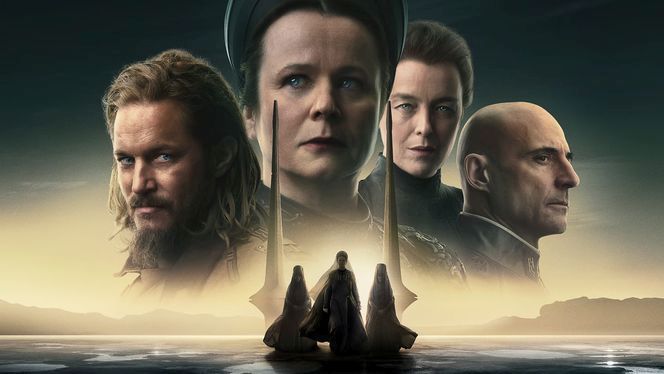
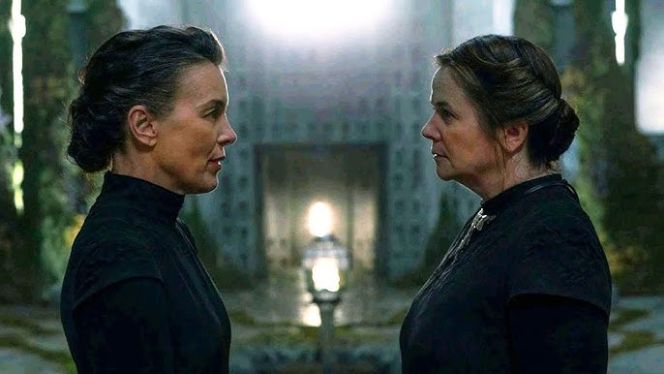
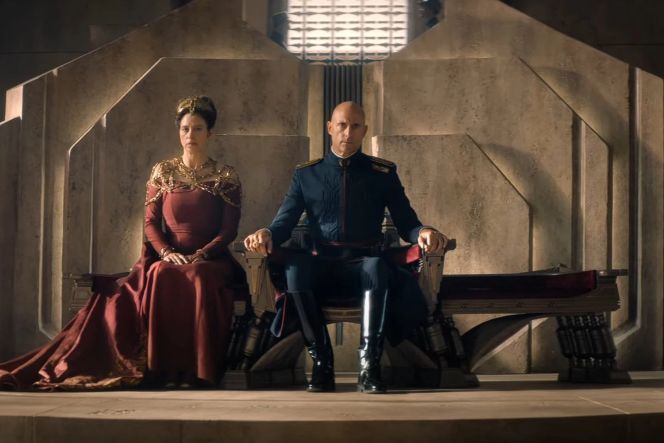
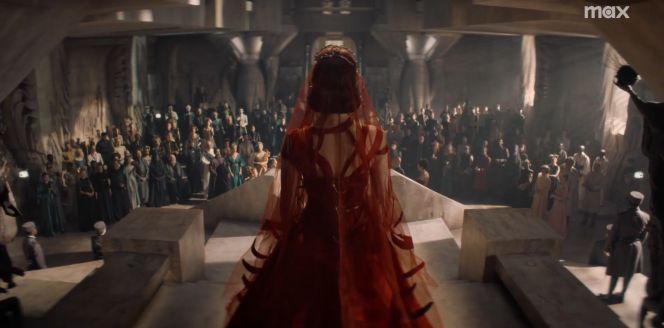





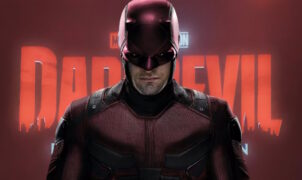



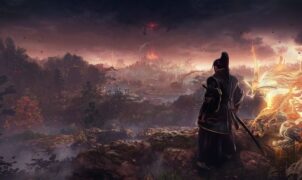
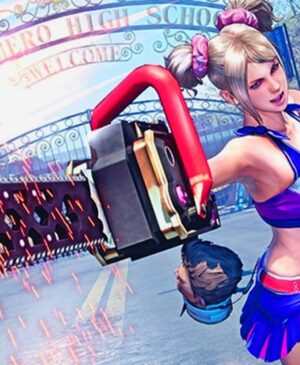
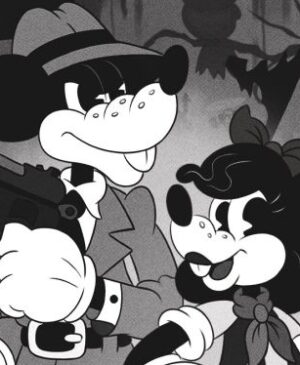
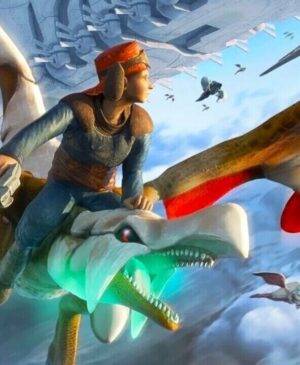

Leave a Reply